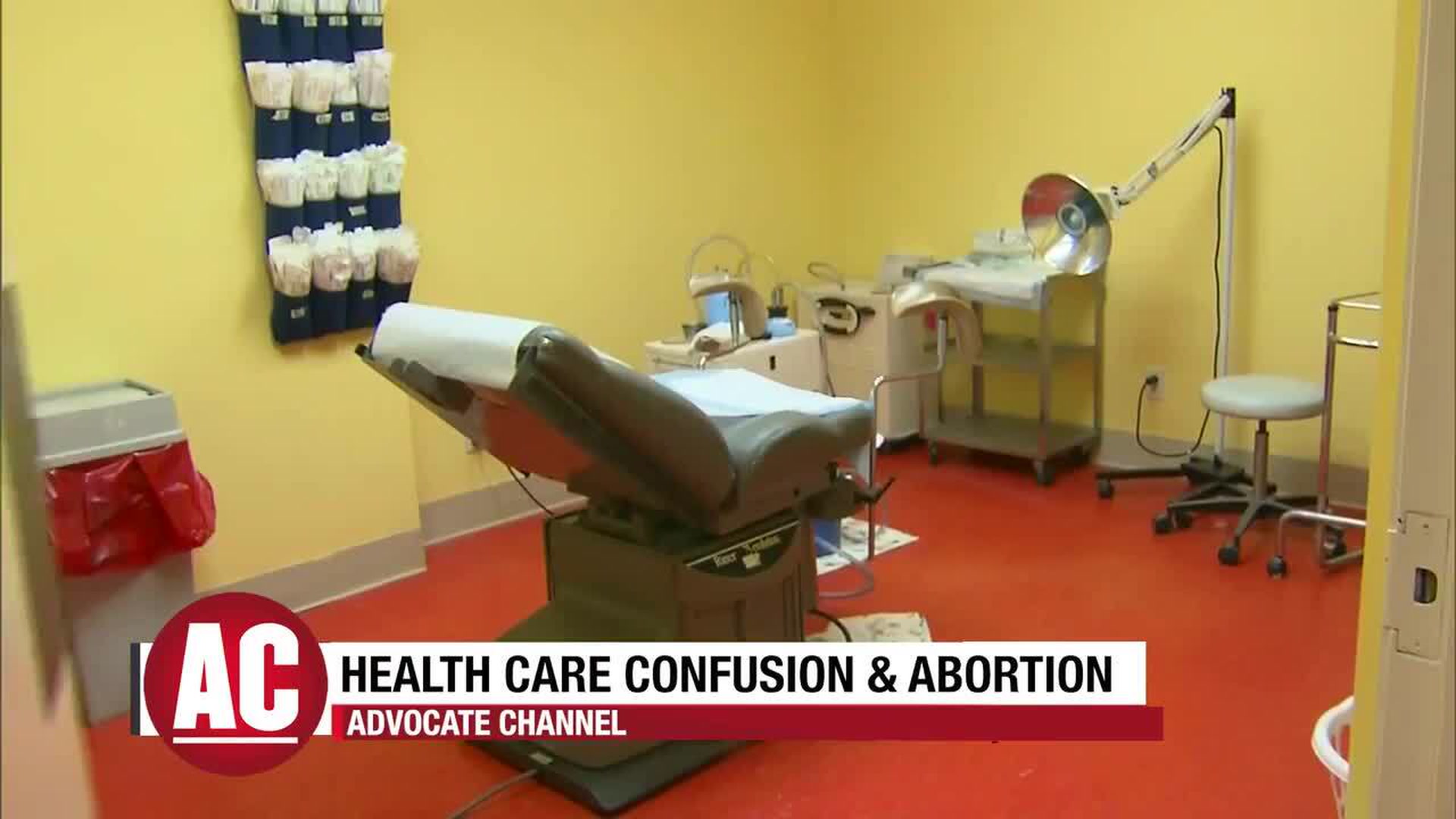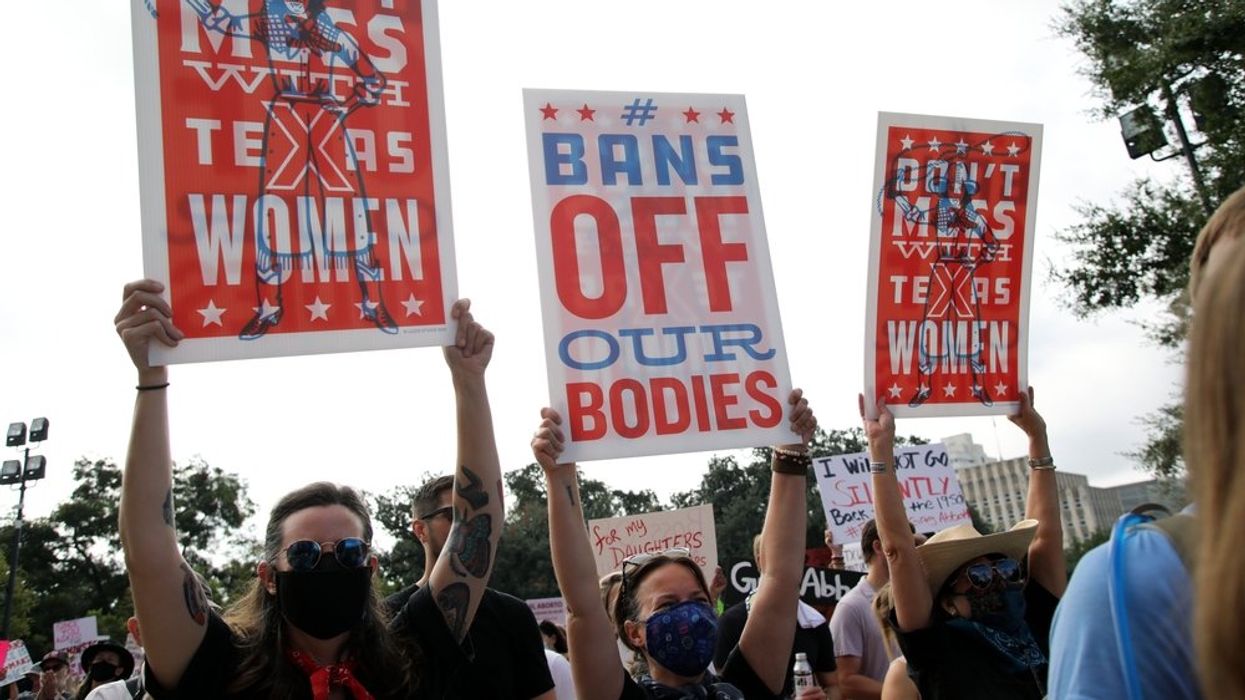(CNN) — A Texas judge ruled Thursday that a pregnant woman who sued the state seeking a court-ordered abortion can legally terminate her pregnancy.
The decision marks a significant development in the ongoing debate over the state’s medical exception to its controversial ban on abortions after six weeks – one of the strictest in the nation.
Kate Cox, who is 20 weeks pregnant, filed a lawsuit this week asking a state district court in Austin court to temporarily block the state’s abortion ban, because she has been unable to get the procedure due to concerns of violating the law. Cox’s baby was diagnosed with trisomy 18 and is not expected to live more than a few days outside the womb, according to the suit.
After the ruling, Texas Attorney General Ken Paxton warned Cox’s physician she could still face civil and criminal penalties at some point should she perform the court-ordered procedure.
Cox’s lawsuit is believed to be one of the first attempts in the country by an individual seeking a court-ordered abortion since the Supreme Court overturned Roe v. Wade last year, according to the New York Times.
Cox, 31, has been to three different emergency rooms in the last month due to severe cramping and unidentifiable fluid leaks, according to her suit. She has had two prior cesarean surgeries – C-sections – and, the suit said, “continuing the pregnancy puts her at high risk for severe complications threatening her life and future fertility, including uterine rupture and hysterectomy.”
In an emergency hearing Thursday, a judge granted a temporary restraining order against the state that would allow Cox to immediately have an abortion.
“The idea that Mrs. Cox wants desperately to be a parent, and this law might actually cause her to lose that ability is shocking and would be a genuine miscarriage of justice,” Judge Maya Guerra Gamble said. “So I will be signing the order and it will be processed and sent out today.”
Cox and her husband were present for the hearing – which took place over Zoom – and grew emotional at the judge’s decision and could be seen wiping away tears.
Molly Duane, Cox’s attorney, said they are working to figure out “the fastest way to get her abortion care” but will not disclose when for the safety of her client, her family and physician.
Duane said the fight is far from over, as the ruling only applies to Cox and does not “restore access” to abortion to thousands of other women. She called the state’s argument “callous in the extreme,” and said “they don’t care whether people live or die as long as they’re forced to give birth.”
Marc Hearron, an attorney for the Center for Reproductive Rights, added: “This can’t be the new normal. I don’t think you can expect to see now hundreds of cases being filed on behalf of patients. It’s not realistic.”
Paxton, in the letter threatening future legal action, wrote that Cox has failed to demonstrate she has a “life-threatening” medical condition related to her pregnancy or that her symptoms place her “at risk of death” or major bodily harm.
The letter was sent to three hospitals in Houston where, according to the Texas Medical Board, Cox’s physician has privileges. It was released to the media by Paxton’s office. CNN has reached out to the hospitals for a response.
The state attorney general warned the hospitals that Thursday’s ruling “will not insulate you, or anyone else, from civil and criminal liability,” including first-degree felony prosecutions and civil penalties of at least $100,000 for each violation.
And the ruling, Paxton wrote, does not prevent civil action by private citizens – a reference to Senate Bill 8, the controversial Texas law that allows people to sue those who perform or facilitate an abortion.
Group of 20 women and 2 physicians fight state in separate lawsuits
A lawyer representing Texas argued Thursday that Cox’s pregnancy symptoms did not meet the standard set out by the state for a medical emergency that would allow for an abortion.
Johnathan Stone, special counsel with the state attorney general’s office, said Cox’s doctor made a “subjective” belief that Cox qualified for an abortion, rather than basing her medical opinion on “objective” standards outlined in the law.
The argument over subjective versus objective medical reasons for an abortion is central to the ongoing debate and legal fights regarding the state’s exception rule. Critics argue the rule is vague and unclear – causing doctors, who face a felony for performing an illegal abortion, to refrain from taking action. The state maintains the language in the law is adequate and clear.
Duane argued the state was second-guessing her client’s physicians and saying Cox was not sick enough. Duane works for the Center for Reproductive Rights, which has been involved in a separate court battle against the state to seek clarity on the state’s medical emergency exception.
“They have moved the goalposts once again. Now a patient must be about to die before a doctor can rely on the exception,” she said of the state, calling the position “cruel and dangerous.”
CNN has reached out to the state’s attorney general office for comment.
Trisomy 18, sometimes called Edwards syndrome, is a chromosomal condition that can cause heart defects and other organ abnormalities. In about half of the cases, the fetus dies before birth. Many children who are born with it die within a few days, and more than 90% die within a year.
Attorneys for the state argued Cox’s condition – as laid out in the court filings – was not severe enough to meet the state’s medical exception standard and that the judge would be essentially changing the law if she granted the temporary restraining order.
Cox’s gynecologist, Dr. Damla Karsan, has previously said she had a “good faith belief” that Cox falls under the legal exception to the abortion ban, but couldn’t provide the abortion without a court order because she “cannot risk loss of her medical license, life in prison, and massive civil fines” if her belief is not accepted by the courts.
The state allows for abortions after six weeks if a woman experiences a “medical emergency,” which is defined in the law as “a life-threatening physical condition aggravated by, caused by, or arising from a pregnancy that, as certified by a physician, places the woman in danger of death or a serious risk of substantial impairment of a major bodily function unless an abortion is performed.”
A group of 20 women and two physicians have been fighting the state in a separate lawsuit over the medical exception this year, arguing the language in the law is unclear and causes doctors to refrain from performing abortions in serious cases due to a lack of clarity in the law.
Before the Texas Supreme Court last week, an attorney with the state’s attorney general office argued the law was clear and that if women with life-threatening medical issues were not receiving abortions, then it should be considered negligence on the doctor’s part.
Cox said that although she has gone to the emergency room three times with severe cramping, the law is too vague to make clear whether an abortion under those circumstances would be legal.
“I do not want to continue the pain and suffering that has plagued this pregnancy. I do not want to put my body through the risks of continuing this pregnancy,” Cox said in a statement released by the Center for Reproductive Rights, which filed the lawsuit in Travis County.
Cox wrote in an op-ed for the Dallas Morning News that her unborn baby girl was diagnosed with full Trisomy 18.
“I’m trying to do what is best for my baby daughter and myself and my family, but we are suffering because of the laws in Texas,” Cox wrote. “I do not want my baby to arrive in this world only to watch her suffer.”
“I need to end my pregnancy now so that I have the best chance for my health, for parenting my children, and for a future pregnancy,” she added.
Written by Ashley Killough, Ed Lavandera and Andy Rose
The-CNN-Wire
™ & © 2023 Cable News Network, Inc., a Warner Bros. Discovery Company. All rights reserved.
Abortion laws create confusion

Video Source: Advocate Channel


















































